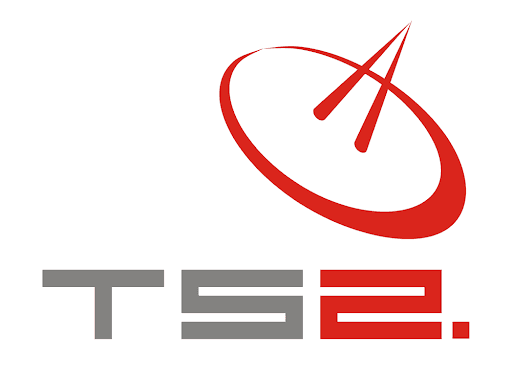From Partition to Online Unification: The Digital Renaissance in Poland.

Poland’s internet story weaves through centuries of border shifts, communist-era censorship, and eventual liberation, reflecting the Polish people’s deep-seated drive for freedom and progress. As soon as the Iron Curtain lifted in 1989, a renewed sense of possibility cascaded into the tech sphere, where academics, hobbyists, and early entrepreneurs rushed to connect the country to the global internet.
With democratic reforms came a surge of private ISPs battling for bandwidth, and within a few short years, cities like Warsaw, Kraków, and Wrocław were boasting some of Eastern Europe’s fastest-growing internet adoption rates. Cable and DSL technology started gaining traction in the late 1990s, while mobile operators—Orange (formerly Idea), T-Mobile, Plus, and Play—seized on Poland’s hunger for modern telecom services. EU accession in 2004 injected fresh investment and regulatory guidance, making high-speed fiber a nationwide ambition rather than a cosmopolitan luxury.
Today, Poland’s broadband infrastructure sports advanced fiber-to-the-home networks, city-wide Wi-Fi, and 5G rollouts, positioning the country as a rising tech hub that attracts start-ups, gaming studios, and financial services. Yet there remains a divide between booming metropolises and outlying rural communities—some still grapple with older copper lines and spotty coverage. Ongoing government initiatives like Polska Cyfrowa (“Digital Poland”) aim to shrink this gap, subsidizing broadband expansion and fueling innovation in e-government, digital education, and telemedicine.
Amid the gleaming office towers and medieval town squares, a new generation of coders, activists, and digital entrepreneurs continues to redefine Polish identity for the twenty-first century. Whether in the bustling heart of Warsaw’s tech scene or a remote hamlet along the Vistula, the internet is no longer just an optional service but an unfolding narrative—merging the country’s storied past with a bold, dynamic future.
